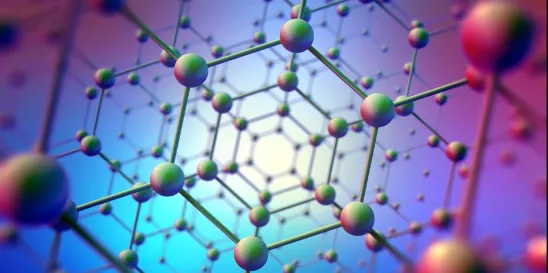The Organization for Economic Cooperation and Development (OECD) has published the latest edition of the Developments in Delegations on the Safety of Manufactured Nanomaterials and Advanced Materials — Tour de Table. The Tour de Table compiles information provided by delegations on the occasion of the 22nd meeting of the OECD Working Party on Manufactured Nanomaterials (WPMN) in June 2022. The Tour de Table lists U.S. developments on the human health and environmental safety of nanomaterials. Risk assessment decisions, including the type of nanomaterials assessed, testing recommended, and outcomes of the assessment include:
- The U.S. Environmental Protection Agency (EPA) completed review of five low volume exemptions that included modified graphene materials and multi-walled carbon nanotube chemical substances. EPA granted one exemption, while the other four exemptions were denied or withdrawn before being denied. The Tour de Table states that EPA allowed the one exemption under conditions that limited human and environmental exposures to prevent unreasonable risks. Additionally, EPA reviewed and completed six premanufacture notices (PMN) for multi-walled carbon nanotube chemical substances. According to the Tour de Table, EPA regulated all six of the new chemical substances with a consent order “due to limited available data on nanomaterials.” The consent orders limited uses and human and environmental exposure to prevent unreasonable risks.
The Tour de Table includes the following information regarding risk management approaches in the United States:
- Between June 2021 and June 2022, EPA received notification of seven nanoscale substances based on amorphous silica that met reporting criteria pursuant to its authority under the Toxic Substances Control Act (TSCA) Section 8(a), bringing the total number of notifications to 85. Reporting criteria exempted nanoscale chemical substances already reported as new chemicals under TSCA and those nanoscale chemical substances that did not have unique or novel properties. According to the Tour de Table, most reporting was for metals or metal oxides.
- Since January 2005, EPA has received and reviewed more than 255 new chemical notices for nanoscale materials under TSCA, including fullerenes, quantum dots, and carbon nanotubes. EPA has issued consent orders and significant new use rules (SNUR) regulating new chemical submissions of these nanoscale materials permitting manufacture under limited conditions. A manufacturer or processor wishing to engage in a designated significant new use identified in a SNUR must submit a significant new use notice (SNUN) to EPA at least 90 days before engaging in the new use. A sanitized version (i.e., without confidential business information (CBI)) of such a consent order is available. The Tour de Table notes that because of CBI claims by submitters, EPA may not be allowed to reveal to the public the chemical substance as a nanoscale material in every new chemical SNUR it issues for nanoscale materials. EPA will continue to issue SNURs and consent orders for new chemical nanoscale materials in the coming year.
- Because of limited data to assess nanomaterials, the consent orders and SNURS contain requirements to limit exposure to workers through the use of personal protective equipment (PPE), limit environmental exposure by not allowing releases to surface waters or direct releases to air, and limit the specific applications/uses to those described in the new chemical notification.
Regarding updates, including proposals, or modifications to previous regulatory decisions, the Tour de Table states that “[t]he approaches used given the level of available information are consistent with previous regulatory decisions. EPA’s assessments now assume that the environmental hazard of a nanomaterial is unknown unless acceptable hazard data is submitted with nanomaterial submission.”
The Tour de Table lists the following new regulatory challenge(s) with respect to any action for nanomaterials:
- Standards/methods for differentiating between different forms of the same chemical substance that is a nanomaterial;
- Standardized testing for the physical properties that could be used to characterize/identify nanomaterials; and
- Differentiation between genuinely new nanoscale materials introduced in commerce and existing products that have been in commerce for decades or centuries.




 />i
/>i

